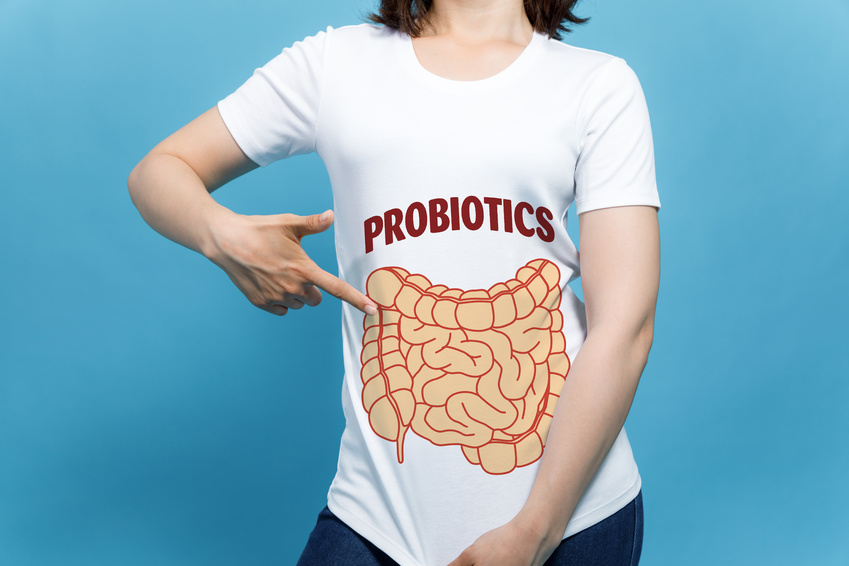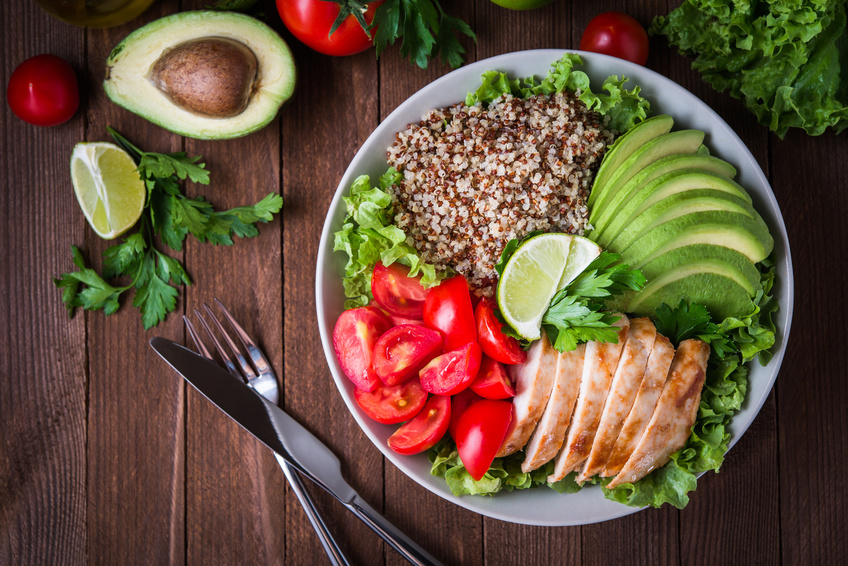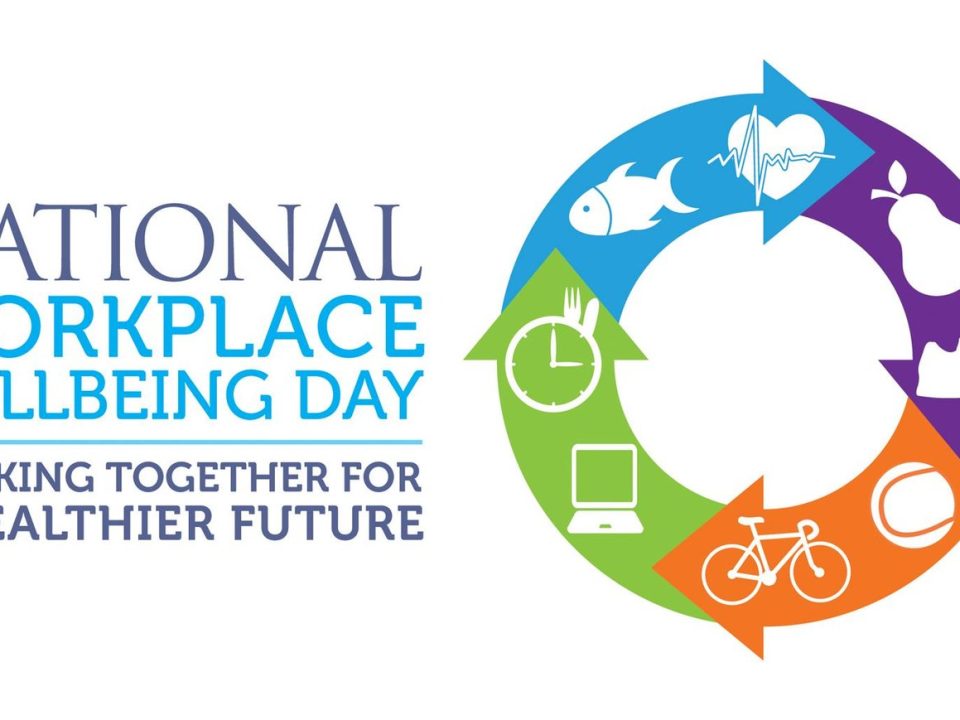The fertility friendly diet
October 3, 2018Boost your immune system ahead of cold and flu season
October 19, 2018Some fertility facts and myths!
We recently hosted a fertility facts morning with Dr Marilyn Glenville, Dr Ciara Wright and Dr John Kennedy, Medical Director at the Sims IVF clinic. We were delighted to present the latest in nutritional support for conception and prevention of recurrent miscarriage. Dr John Kennedy brought us through the basics you need to know and what tests to do. Dr Kennedy has a fantastic ability to translate complex science and break it down into simple terms. Here’s a few gems we picked up from him, dispelling some myths around your fertility.
What’s in a name?
It can be quite a blow when you first hear the term ‘infertile’ in reference to yourself or your partner. Dr Kennedy explains that the term ‘infertile’ only applies to women without a uterus or ovaries. Most couples are actually within the range of ‘subfertile’ and most people will go on to have a child, one way or another. Infertile implies the impossible, and there are lots of possibilities.
It’s not ‘easy’ to get pregnant
The chances of any woman getting pregnant on an ‘ideal’ month is only around 17% so don’t worry unnecessarily if it takes a little time. Your chances increase as you continue trying so most couples (around 90%) will conceive in the first year and this rises to >95% in the second year. You should seek advice if it takes longer than 12 months under the age of 35, or longer than 6 months if over the age of 35.
Timing is not everything
It is a myth that conception happens immediately, and that sperm needs to meet egg at exactly the right time on the right day. Sperm actually accumulate in the fallopian tubes, lounging about for 4-5 days. When the egg is released it travels down the tube passing through reservoirs of sperm which will try to fertilise it. This is like a conveyor belt of hopeful candidates. The egg survives for 18 hours so the best chance of having sperm reservoirs ready to go is to have regular intercourse.
Ovulation predictor kits could do more harm than good
Yes, it is useful to know when the most fertile period of your cycle is. No, it is not useful to have strictly timed intercourse every month as it can add a lot more stress to an already difficult situation.
Simply put, for conception you need three things: good eggs, good sperm and a good place to put them
- Although a woman is born with all the eggs she is going to have, the quality can absolutely be improved. Nutrition is key here. Testing AMH as a measure of ovarian reserve can be useful but does not indicate the quality of a woman’s eggs. It does indicate how proactive she should be about her fertility. Most miscarriages are down to embryo quality which is driven by egg quality, but even then, not all eggs will be bad. Even with recurrent miscarriage, most people will get success, but it can take a lot of time and resilience.
- At least 45% of the time there is a problem with the sperm, but the good news is, with simple changes it is very possible to improve the quality (more in this article).
- Finally, check the housing for the embryo – get yourself a scan to check the uterus and that the tubes are open and healthy.
If you are trying to conceive, start right now:
- Follow a healthy fertility diet here
- Start a good fertility multi-nutrient including folic acid and vitamin D
- Get advice from a fertility specialist
- Get a fertility test/ scan, AMH test and semen analysis from the get-go
- Don’t wait, there’s no harm in improving your chances by starting now


